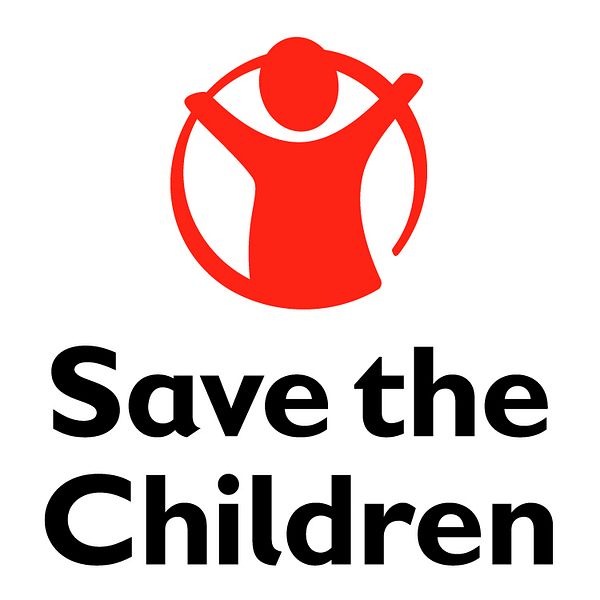Press release -
Save the Children brings positive discipline expert to Philippines to train DepED and DSWD personnel
Manila, Philippines – The promotion of positive discipline in schools and in communities is gaining more momentum as the Philippines’ Departments of Education (DepED) and Social Welfare and Development (DWSD) are pushing forward in the roll-out of policies and trainings prohibiting corporal punishment of children.
Recently, DepED released its Child Protection Policy which prohibits corporal punishment in schools and promotes the practice of positive discipline, while DSWD is looking into integrating positive discipline in all of its existing training modules for parenting sessions of the Conditional Cash Transfer (CCT) Program.
Positive discipline refers to an approach to parenting that teaches children and guides their behaviour while respecting their rights to a healthy development, protection from violence, and participation in their learning.
The practice of positive discipline has become more increasingly imperative as corporal punishment of children remains to be acceptable in the country.
In a perception survey conducted by PulseAsia last year, 2 out of 3 parents say they use corporal punishment to discipline their children. Spanking the bottom is the most prevalent form of physical punishment. 9 out of 10 parents who practice corporal punishment say that it was also used by their parents to discipline them.
DepED and DSWD are now determined to raising the awareness of school personnel, students, and parents on why there is a need to put an end to corporal punishment by conducting seminars on positive and non-violent discipline.
To support this endeavour, Save the Children has invited Prof. Joan Durrant, Ph.D. of the University of Manitoba, Canada, who authored the books “Positive Discipline Manual: What it is and How to do it” and “Positive Discipline in Everyday Teaching: Guidelines for Educators” to train a core group of 40 selected future trainers of DepED, DSWD and civil society organizations on positive discipline.
Prof. Durrant is a child-clinical psychologist who has over 20 years of research work on corporal punishment worldwide. She continues to conduct research on the factors that lead parents to strike their children, as well as on the impact of laws that prohibit physical punishment. She is a member of the Research Advisory Committee of the United Nations Secretary-General’s Study on Violence against Children, and a co-editor of Eliminating Corporal Punishment: The Way Forward to Constructive Discipline (UNESCO).
“Most parents want their children to grow into non-violent problem-solvers who have good relationships with their families and high self-esteem and who are happy people. Corporal punishment interferes with development in these areas, as it predicts higher levels of aggression in children, poorer parent-child relationships, and poorer child mental health. It serves no useful purpose in teaching children what we want them to learn,” explains Prof. Durrant.
The aim of the four-day training on May 22-25 is to build the capacity of the core group of regional trainers in the Philippines who will be training facilitators and will also be in charge of monitoring the impact of positive discipline trainings in their respective agencies and sectors. The trained facilitators will later on provide trainings at the school and community levels.
Prof. Durrant and her team will discuss the research base and human rights imperative for ending corporal punishment, the main principles and components of positive discipline, and its application in homes and schools.
According to Prof. Durrant, “the principles of positive discipline are universal. Parents everywhere have long-term goals for their children, and parent-child conflict can be resolved everywhere by considering each other’s points of view and problem solving. So the fundamental principles can be applied all over the world.”
Save the Children’s promotion of positive discipline is also in support of the advocacy for House Bill 4455 titled An Act Promoting Positive and Non-Violent Discipline of Children, which was passed in the House of Representatives in August 2011. Its counterpart in the Senate, the Senate Bill 873, has been pending in the Committee of Youth, Women and Family Relations.
The proposed legislation among other things seeks to institutionalize parenting classes that will teach parents on how to discipline their children through non-violent and respectful ways. Once enacted into law the Philippines will be the first in Asia to have a national law, joining more than 32 countries worldwide, in prohibiting corporal punishment in all settings.
Topics
- Social issues
Save the Children works in 120 countries. We save children's lives. We fight for their rights. We help them fulfil their potential.
